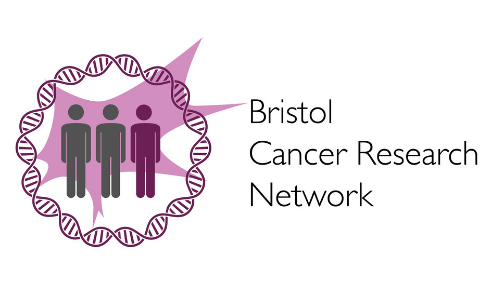Bristol Cancer Network
In October 2020 Bristol scientists received nearly £8 million in funding from Cancer Research UK – the biggest ever research grant awarded by the charity in the city. Based at the University of Bristol, the Integrative Cancer Epidemiology Programme (ICEP), is driving significant advancements in understanding the disease and the factors that cause cancer. ICEP 2 is run by Bristol Cancer Research Network members, Professors Richard Martin and Caroline Relton based in Bristol Medical School.
“We believe that the ICEP programme will help to deepen our understanding of what causes some of the hardest to treat cancers and ultimately save lives through prevention strategies and public health initiatives.” Michelle Mitchell, Cancer Research UK's chief executive.
Another ICEP researcher and Cancer Network member, Dr Siddhartha Kar, received a prestigious UKRI Future Leaders Fellowship to study how a wide range of everyday factors, such as exercise and diet, as well as the human body’s physiology and biochemistry relate to the molecular characteristics of tumours in cancer patients and in turn survival rates. Some of these everyday factors, particularly those associated with lifestyle, are modifiable through public health interventions, or may be amenable to medical treatment.
Bristol Cancer helps connect people working in cancer research both within the University and beyond. Steering group member, Helen Winter is a Senior Research Fellow in the School of Cellular and Molecular Medicine, a medical oncologist at Bristol Cancer Institute, and Clinical Director of the SWAG (Somerset, Wiltshire, Avon and Gloucestershire) Cancer Alliance. A strong connection with partner organisations has led to a joint upcoming symposium in September 2021 on the early detection and prevention of cancer as the theme strongly aligns with the delivery of the NHS Long Term Plan and the recovery and restoration after COVID-19. The SWAG Cancer Alliance recognises the importance of academia including basic science and new collaborations as a way to impact the prevention and early detection agenda and as a clinical cancer network.
Thanks to the University Cancer Research Fund (UCRF), an endowment fund which the Bristol Cancer now oversees, the Network runs an annual pump-priming funding call for up to £5k. A total of £120,886 was awarded between 2015-2020, which contributed to attracting £1,859,485 in follow-on funding to date - a return of £15 per £1 investment.
“The University of Bristol Cancer Research Fund supports early stage research at the University across a broad range of cancers. These first steps are critical to develop any research ideas, as without the evidence gathered at this early stage it is impossible to attract additional funding for larger and more ambitious studies. Importantly, the generosity of our donors helps start truly innovative projects and exciting new collaborations across different disciplines at the University of Bristol, all working towards the prevention and treatment of cancer. Funding comes entirely from donations from the public, ranging from individual donations to charity fundraising events.” Professor Ann Williams, Chair for the UCRF.
Helen Winters and Grace Edmunds in Bristol Veterinary School are collaborating on a One Health approach to osteosarcoma which presents in companion dogs in a similar way to humans. Read more about the collaboration. A webinar was hosted on the subject on 3 November 2020.

